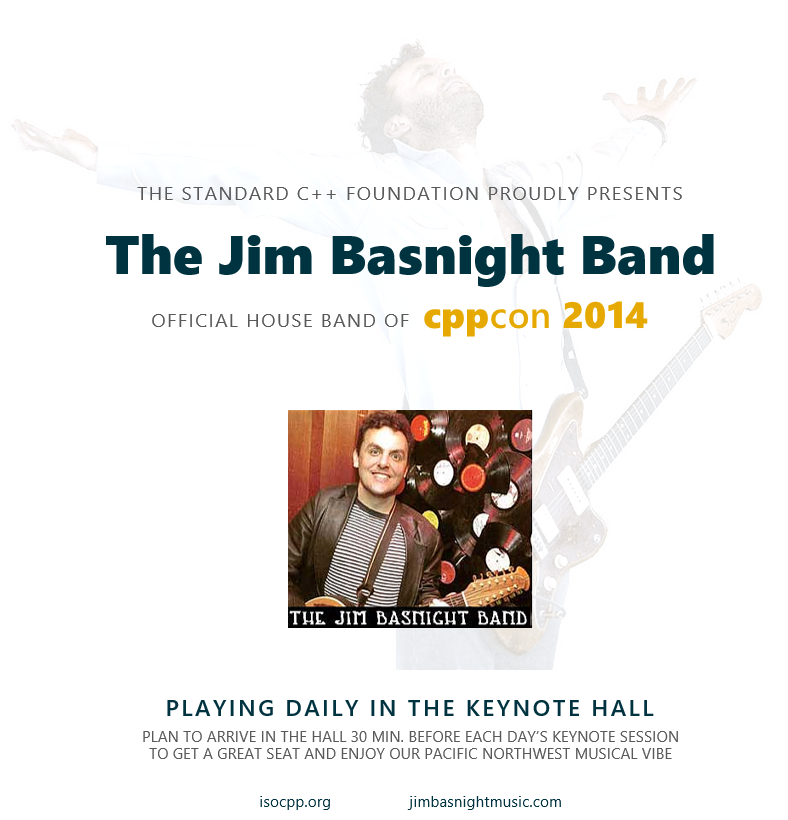Two years of Meeting C++! -- Jens Weller
A lot has changed in just two years. Check this out for some visibility into the European C++ scene.
Two years of Meeting C++!
by Jens Weller
Note: Jens will be giving two talks at two talks at CppCon, including "Founding User Groups." He knows what he's talking about... from the article:
While I only know of 3 active User Groups around 2011/early 2012 (Oslo, Belgium & Düsseldorf), the active user Groups in Europe are a huge success, showing the popularity of C++: ... Also note, that I haven't listed active ACCU Groups, there exist a few in Great Britain, but I'm not sure when they started and how active they are. In total there currently 17 User Groups being active in 2014 or 2013.

 As
As  The
The